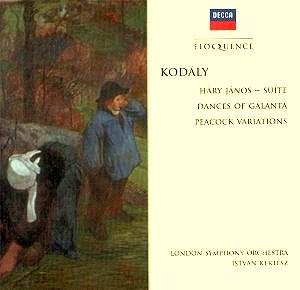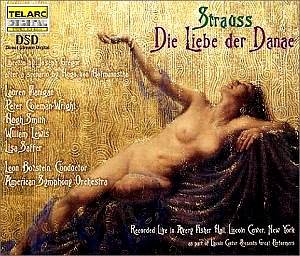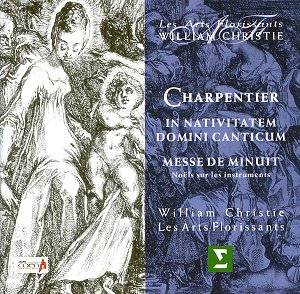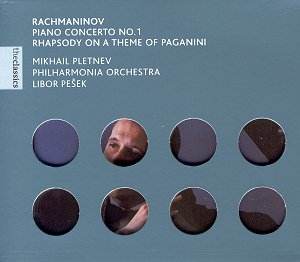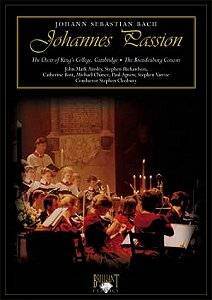 Composer: Johann Sebastian Bach
Composer: Johann Sebastian Bach
Works: St. John Passion
Performers: John Mark Ainsley (Evangelist), Stephen Richardson (Christus), Catherine Bott (soprano), Michael Chance (alto), Paul Agnew (tenor), Stephen Varcoe (bass/Pilate), King’s College Choir, Cambridge, Brandenburg Consort, Roy Goodman (direction)
Recording: Live performance at King’s College Chapel, Cambridge
Label: Brilliant Classics
The St. John Passion, one of Bach’s two monumental sacred oratorios, stands as a profound testament to the composer’s mastery in weaving theological narrative with an intricate musical tapestry. Composed in 1724, it reflects Bach’s deep engagement with the Passion story and his ability to evoke a spectrum of human emotion through music. This recording, featuring the renowned King’s College Choir and the Brandenburg Consort under the direction of Stephen Cleobury, provides a compelling interpretation of this baroque masterpiece, though it is not without its flaws.
The performance begins with a choral movement that sets the tone for the unfolding drama. The choir, comprising approximately 40 young male voices, demonstrates commendable discipline, though at times their sound veers towards the restrained, lacking the full-bodied resonance that one might expect from such a sizeable ensemble. The Brandenburg Consort, performing on period instruments, exhibits a commendable precision, yet there are moments—particularly in the oboe passages during the aria “Von den Stricken meiner Sünden”—where the sound becomes somewhat jarring, revealing an occasional harshness that detracts from the overall fluidity of Bach’s intricate counterpoint. It is noteworthy that the ensemble is predominantly female, which adds an unexpected dimension to the historical performance practice.
John Mark Ainsley, as the Evangelist, delivers a performance rich in emotional depth, though his diction wavers at points, occasionally obscuring the text’s clarity. The dramatic weight he brings to pivotal moments—particularly in the narration of Christ’s betrayal—invites the listener into the narrative, although one longs for greater textual precision. Michael Chance’s portrayal of Christus resonates with authority and finesse, especially in the aria “Es ist vollbracht!” where the viola da gamba’s plaintive obbligato weaves an exquisite interplay with Chance’s voice, showcasing a poignant balance of musical lines that is one of the recording’s high points.
Catherine Bott, possessing a bright and pure timbre, delivers a striking rendition of “Zerfliesse, mein Herze.” While her vibrato occasionally feels excessive, the emotional intensity of her performance captures the aria’s essence. Paul Agnew, though present in fewer arias, stands out with a commanding presence, particularly in “Ach, mein Sinn,” where his expressive phrasing and dynamic control contribute to the work’s overall dramatic arc. However, the recording suffers from a disjointed soundscape; the spatial placement of soloists is inconsistent, leading to moments where their voices feel spatially misaligned, a technical oversight that somewhat diminishes the immersive experience of the performance.
Given the competitive landscape of recordings of the St. John Passion, notably the emotionally charged interpretation by Masaaki Suzuki, this version offers a more measured approach that, while technically proficient and rich in musical insights, lacks the visceral engagement of its peers. The low price point of this DVD makes it an accessible entry point for newcomers to Bach’s sacred music, yet seasoned listeners may find themselves yearning for a more impassioned interpretation that fully captures the work’s theological and emotional gravity. Overall, this recording is a commendable effort that showcases a fine ensemble of musicians, though it ultimately falls short of the profound emotional resonance that Bach’s monumental work demands.
